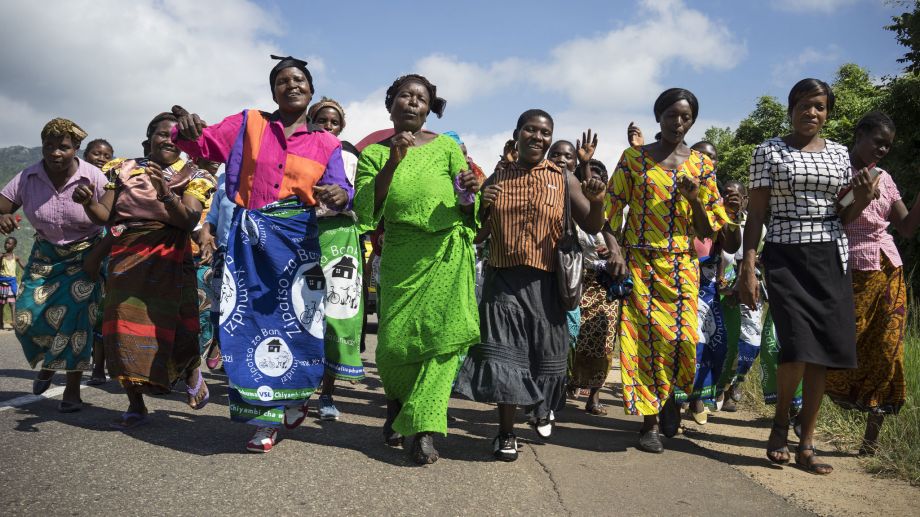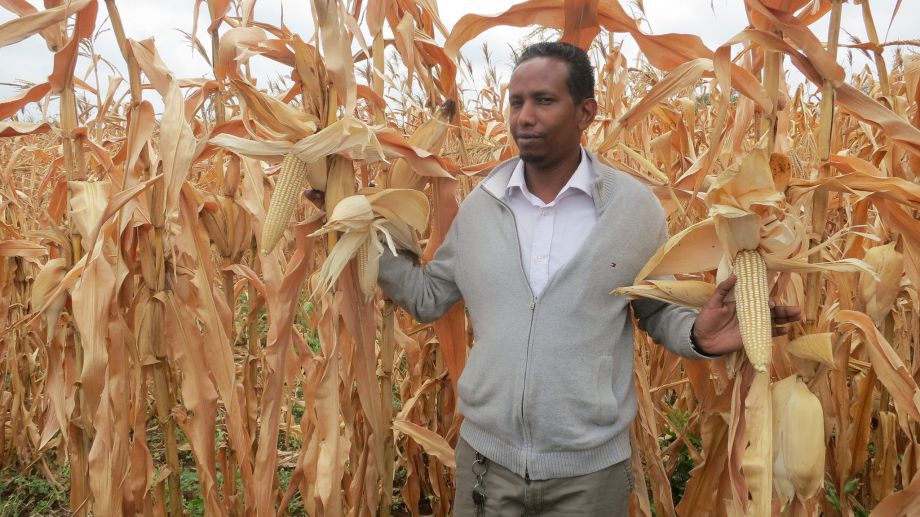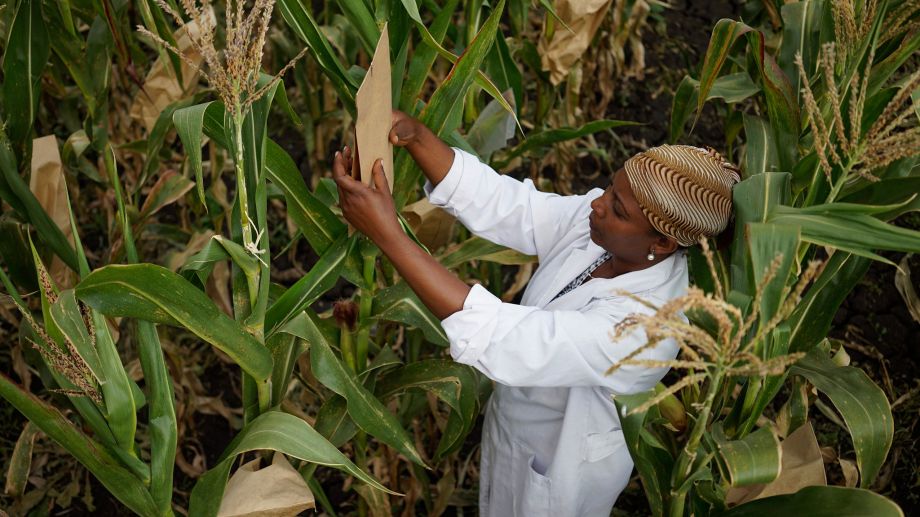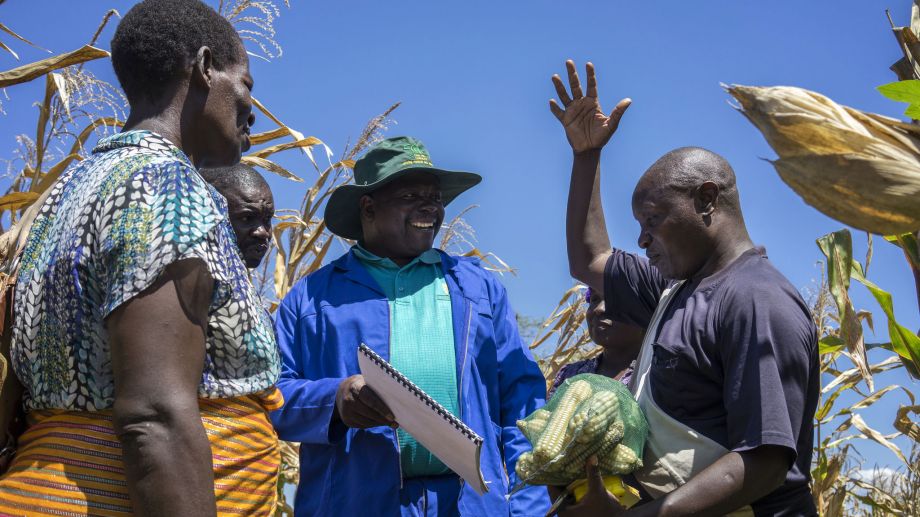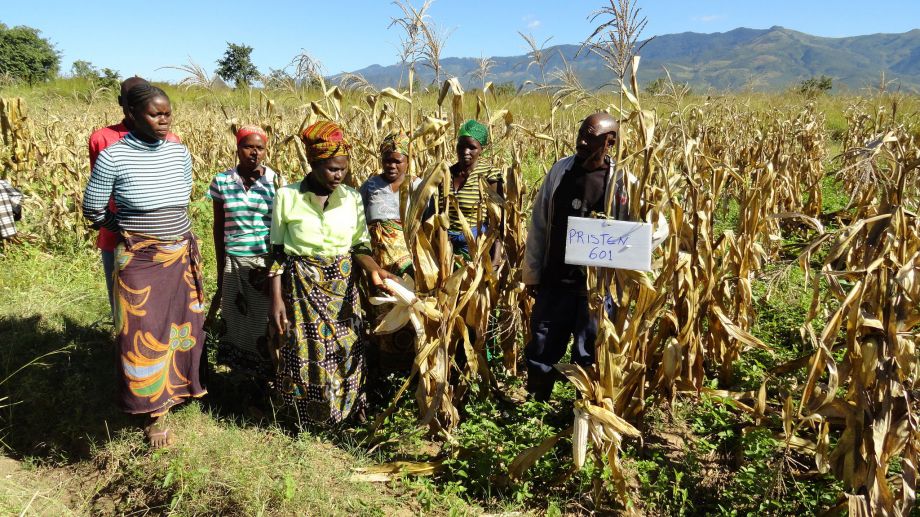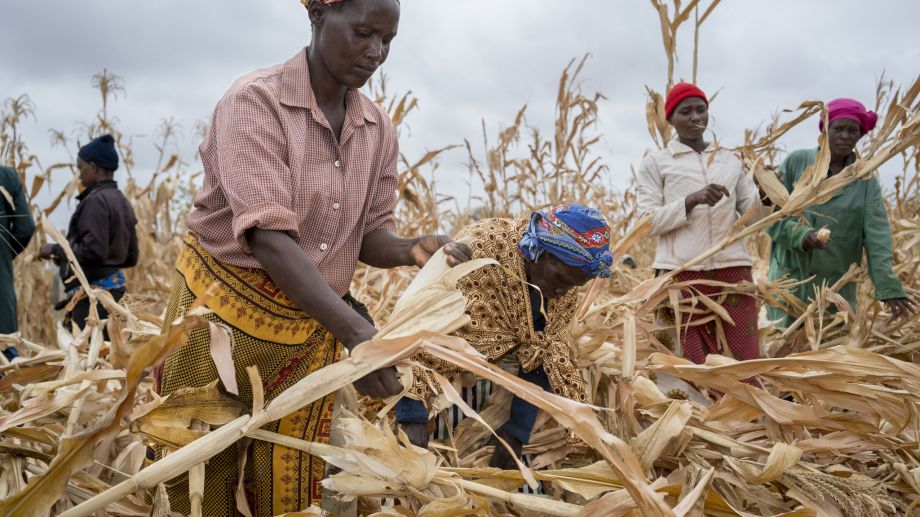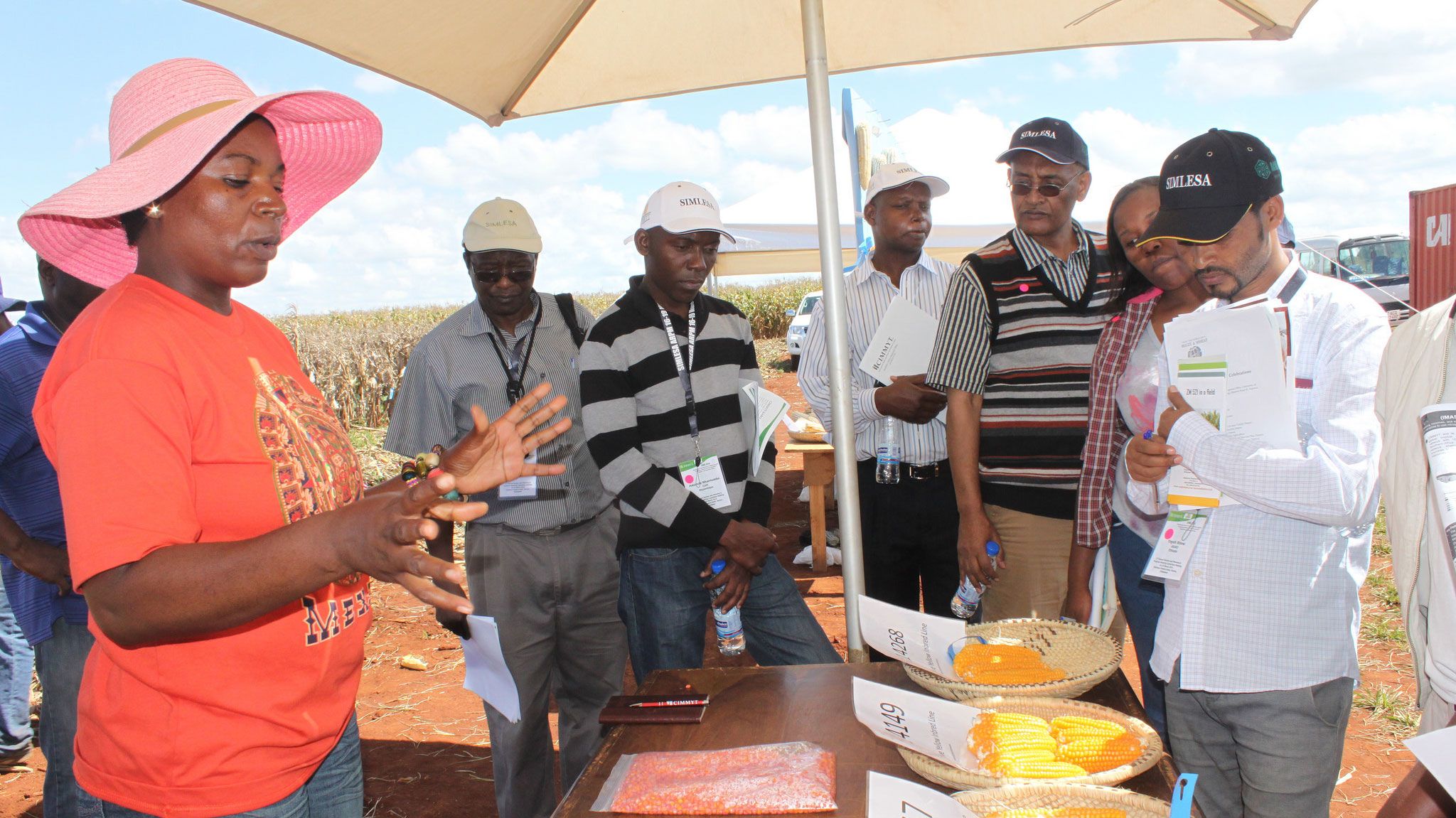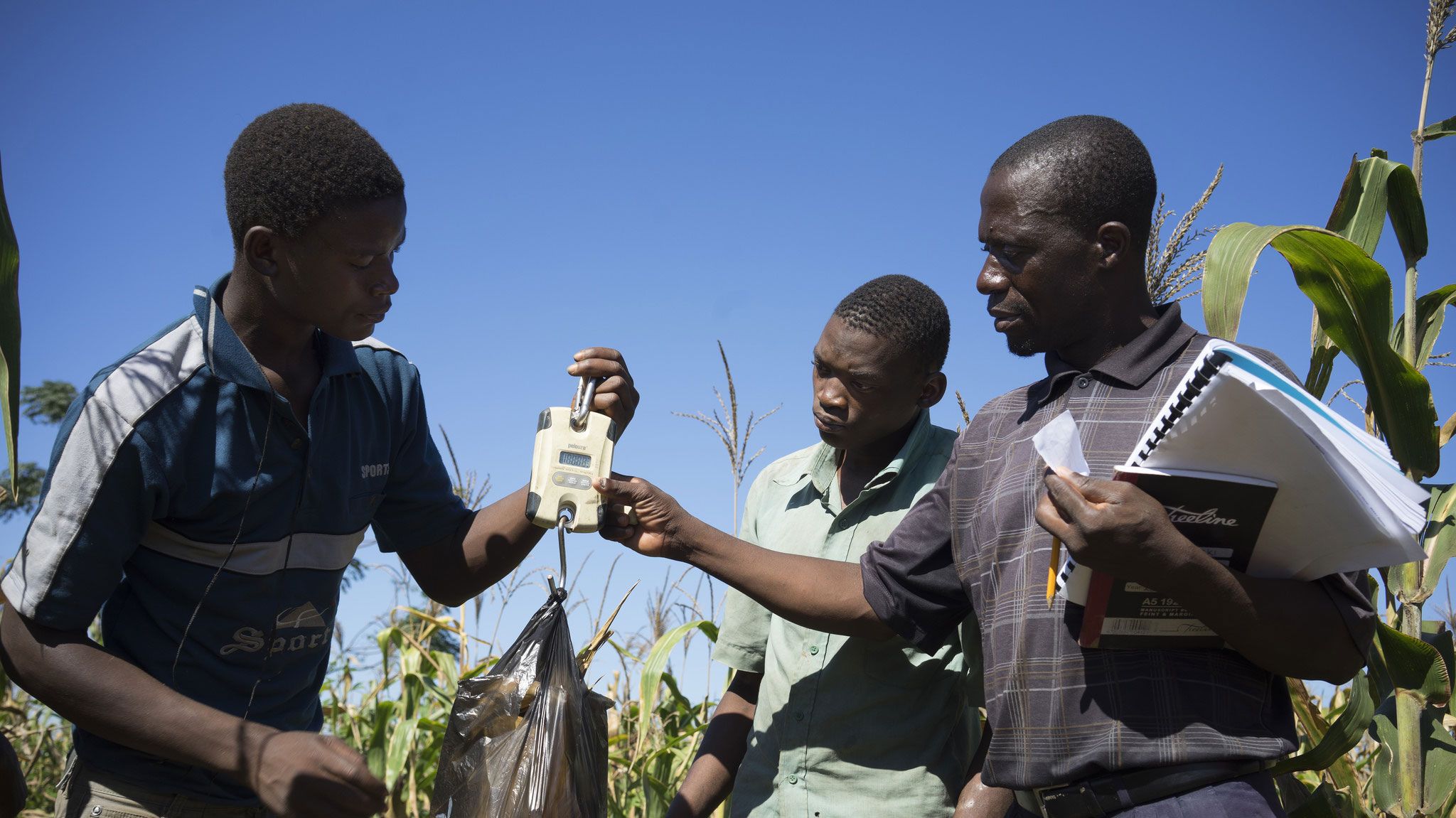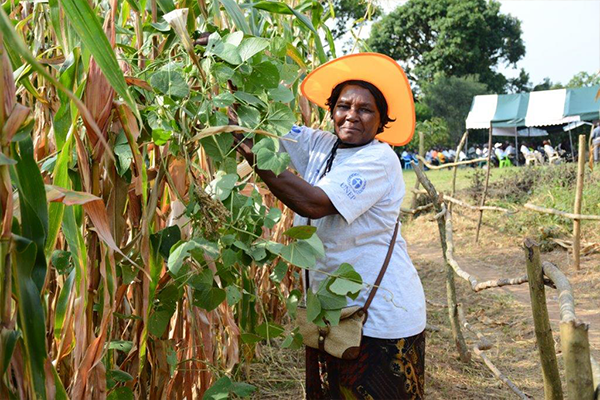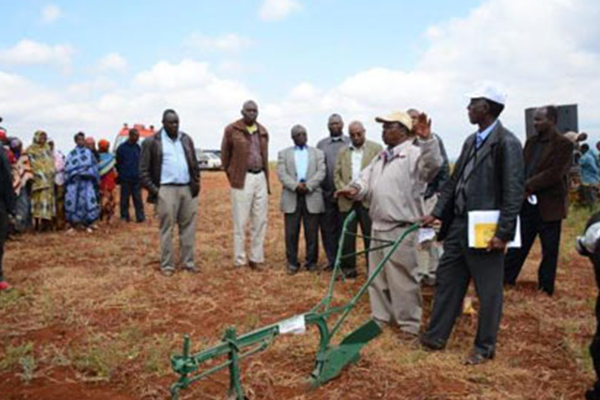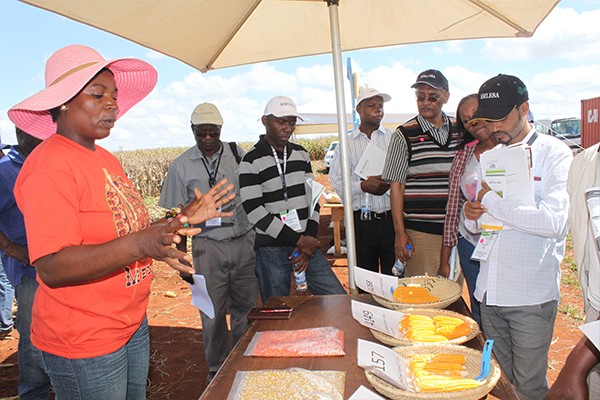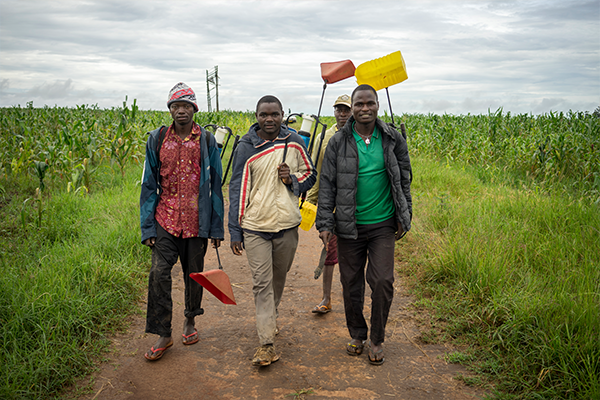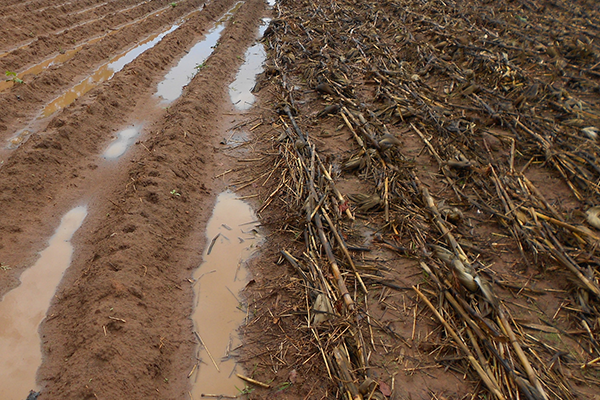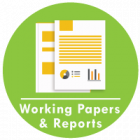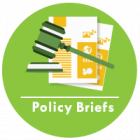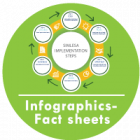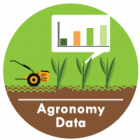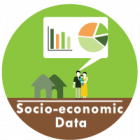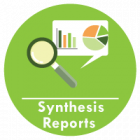Our latest impressions and news
Sample Resources from SIMLESA
SIMLESA overview
Project Objectives
-
![]()
Socioeconomics, Policy and Markets Research
Objective 1To characterize maize-legume production and input and output value chain systems and impact pathways, and identify broad systemic constraints and options for field testing.
-
![]()
Adaptive Agronomy Research
Objective 2To test and develop productive, resilient and sustainable smallholder maize-legume cropping systems and innovation systems for local scaling out.
-
![]()
Maize and Legume Seed Systems Development
Objective 3To increase the range of maize and legume varieties available through accelerated breeding, regional testing and release, and availability of performance data
-
![]()
Identifying Effective Scaling Modalities
Objective 4To support the development of regional and local innovations systems
-
![]()
Capacity Development
Objective 5Capacity building to increase the efficiency of agricultural research today and in the future
Project Impacts
-
![]()
Scientific Impact
ImpactsThrough partnership and collaborative research in the target countries, in line with the program design, the SIMLESA program has consistently maintained its focus on generating scientific impacts.
-
![]()
Capacity Impact
ImpactsSIMLESA has continued to deliberately direct its efforts on trainings in conservation agriculture principles and technologies; sustainable and climate responsive agriculture production systems; agricultural production systems simulations; risk management and systems modelling acknowledging the socioeconomic dynamics of households in different sites.
-
![]()
Community Impact
ImpactsDuring the design phase, the program set targets and adoption pathways to achieve scaling out processes in terms of the number of research communities covered, number of farmers reached out and the number of adopters (these being the farmers who have learned, embraced and started practising sustainable intensification technologies).
-
![]()
Economic Impact
ImpactsSIMLESA has brought increased use of CA-based sustainable intensification options technology in communities which have also led to evident reduction of production costs and increased crop productivity per unit area especially and dietary diversification in farm households where maize and legumes are intercropped.
-
![]()
Social Impact
ImpactsSIMLESA, on the social dimension side, continues to improve family fabric through the hosting of exploratory trials which promote the participation of men, women and youths thereby making everyone strategic and important participant in household farming activities.
-
![]()
Environmental Impact
ImpactsClimate change is expected to negatively impact agricultural production in SIMLESA countries. Low-nitrogen stress combined with drought and heat stress will become increasing constraints on maize production, and on growing improved varieties.
Resources
This report describes the concepts of scaling employed in SIMLESA (and which can be replicated with modifications) to similar projects and programs in the region.
This report describes how SIMLESA utilized innovations platforms as a major approach to scaling project outputs
The General Assembly (GA) of ASARECA consists of all Members duly admitted to the Association and registered. The Business Committee acts as its Electoral College and is made up of five individuals drawn from institutions in each Member State in good standing.
The General Assembly (GA) of ASARECA consists of all Members duly admitted to the Association and registered. The Business Committee acts as its Electoral College and is made up of five individuals drawn from institutions in each Member State in good standing.
Authors: Marenya, P; Kassie, M; Mishili, F; Muricho, G; Alemu, S
Authors: Marenya,P; Kassie,M; Muricho,G; Alemu,S; Yirga,C; Mishili,F; Obare,G; Tostao,E
Authors: Marenya, P; Kassie, Me; Tostao, E; Muricho, G; Alemu, S
Authors: Marenya,P; Kassie,M; Muricho,G; Alemu,S; Yirga,C; Mishili,F; Obare,G; Tosta,E
Authors: Marenya, P; Kassie, M; Mangisoni, J; Muricho, G; Alemu, S
Key highlights from the SIMLESA program
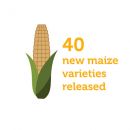
SIMLESA, in collaboration with other programs, facilitated the release of 40 new maize varieties. … Many of which were specifically selected for their drought tolerance and some of which were selected for their phenotypic characteristics suitable for maize-legume intercropping in conservation agriculture systems.
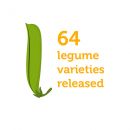
Considering the importance of legume in food security and plant based protein nutrition of many families,… SIMLESA co-sponsored participatory varietal selections (PVSs) sessions involving 378 legume varieties. A total of 64 varieties across the five program countries positively met PVS team’s criteria and therefore were acceptable for official release.
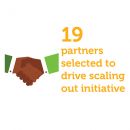
Toward the end of 2016, the program managed to competitively select 19 partners …to drive the scaling out initiatives under the Competitive Grants Scheme (CGS).
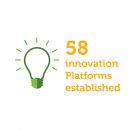
A total of 58 Innovation Platforms were established to assist in scaling out …of Sustainable agricultural intensification (SAI) technologies and viable marketing of agricultural produce for maximum benefits.

A regional policy summit was held in October 2015 which resulted in the signing of a Ministerial Cummunique by five countries… (Ethiopia, Kenya, Tanzania, Mozambique, Rwanda) committing to the mainstreaming of SIMLESA resultsin their countries’ agricultural policies.
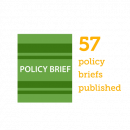
The project has been determined to reach out to the policy community with the publication and dissemination of more than 57 policy briefs.…These have been variously disseminated at project annual meetings, other gatherings and also be found on this page.
Impact Areas
